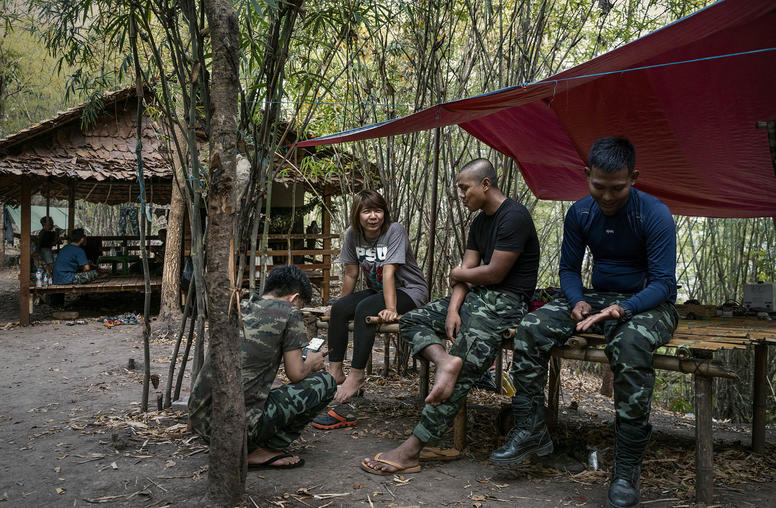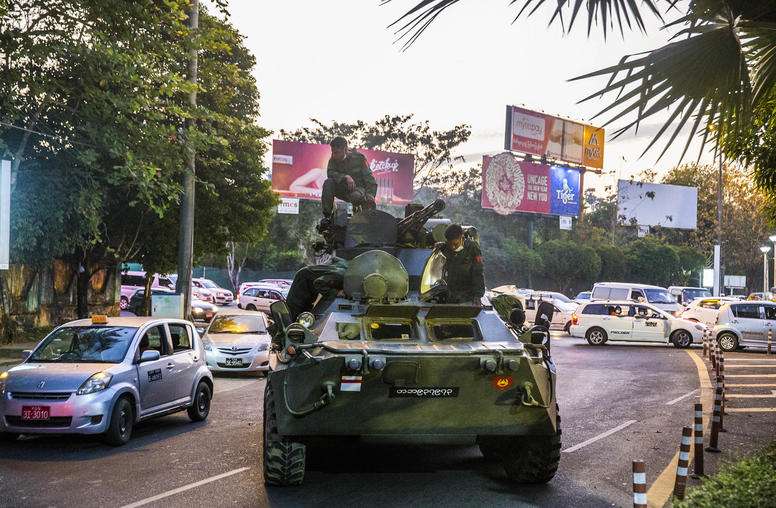China and Myanmar’s Peace Process
For multiple historical, ethnic, geographic, political, and economic reasons, China has been and will remain an integral player in Myanmar’s internal peace process, particularly regarding the ethnic armed groups in northern Myanmar. Informed by numerous interviews in both China and Myanmar, this Special Report examines China’s positions, policies, and role in that process.
Summary
- China’s interest in the Myanmar peace process is focused on the armed ethnic groups along the border in Kachin and Shan states—in particular, the Kachin Independence Army, the United Wa State Army, and the Kokang Army. These organizations have historical and cultural ties with ethnic groups across the border in China as well as political and economic connections.
- China’s official position follows the principle of noninterference and its official policy is “persuading for peace and facilitating dialogues.” In practice, its attitude has been more ambiguous.
- Beijing does not necessarily believe that comprehensive peace is attainable for the foreseeable future. Its priority is therefore to prepare for different uncertainties and maximize its flexibility in the process.
- China’s role is complicated by the behavior of certain Chinese special interest groups and individuals who have offered direct financial support for ethnic armed organizations in Myanmar.
- Under Myanmar’s new National League for Democracy government, ties with China have improved significantly. China has played a positive role in persuading armed groups to join the Union Peace Conference in 2016, but its future policy and role will depend on the development of bilateral relations and the evolving definition of China’s national interests.
About the Report
This Special Report examines China’s role and interests in Myanmar’s peace process. Funded by the United States Institute of Peace (USIP) and integral to USIP’s Asia Center programming, the report is based on more than eighty interviews with officials in China and representatives from ethnic armed groups in Myanmar.
About the Author
Yun Sun is a senior associate with the East Asia Program at the Henry L. Stimson Center and a nonresident fellow at the Brookings Institution.



